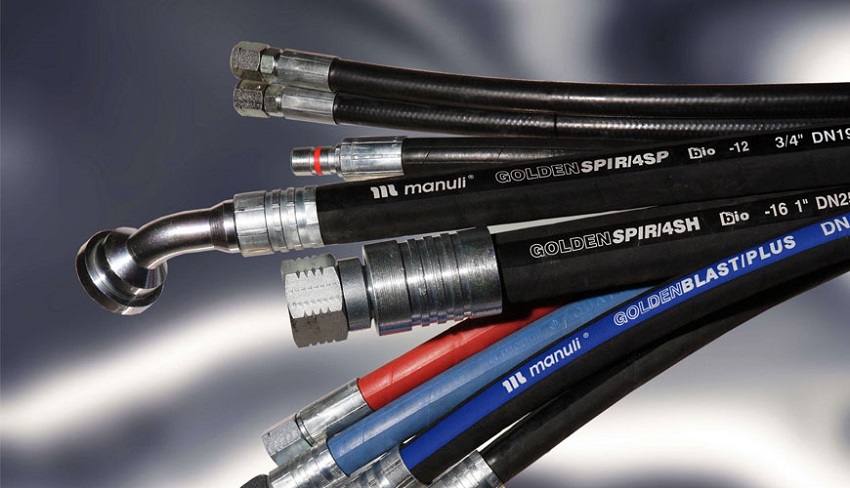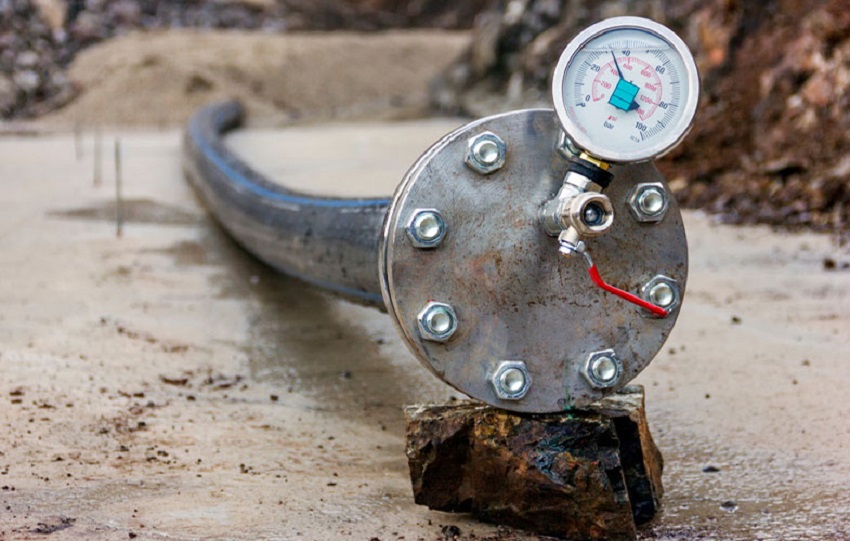
20 Aug What is the Standard for Hydraulic Hose Testing?
If you’ve ever wondered about the unseen heroes behind the smooth operation of heavy machinery and equipment, hydraulic hoses are definitely among them. These unassuming yet vital components play a critical role in transmitting power within hydraulic systems. But how can we ensure that these hoses are safe, reliable, and up to the task? That’s where hydraulic hose testing comes into play. This content is presented by Healthyhouseplans.com.
Understanding Hydraulic Hoses: The Backbone of Power Transmission
Before we delve into the testing standards, let’s take a quick look at what hydraulic hose is and why it matter. Hydraulic hoses are specially designed tubes that carry hydraulic fluid, usually oil, to transmit power within hydraulic machinery. They’re like the veins of a complex system, enabling the transfer of force from one component to another.
The Importance of Reliable Hydraulic Hoses
Imagine a construction site where heavy machinery is in constant use. Cranes lifting heavy loads, excavators digging into the earth – all of this requires precision and power. And at the heart of this power are hydraulic hoses. Ensuring the reliability and integrity of these hoses is crucial for the safety of operators, the efficiency of operations, and the longevity of the equipment.
The Need for Standardized Hydraulic Hose Testing
With so much at stake, it’s essential to have standardized testing procedures to guarantee the quality and performance of hydraulic hoses. These standards not only set the bar for manufacturers but also provide end-users with the confidence that the hoses they’re using are up to par.
Understanding the Testing Standards
1. Burst Pressure Test
The burst pressure test involves subjecting the hydraulic hose to pressures significantly higher than its rated working pressure. This test helps determine the hose’s maximum pressure capacity before it fails catastrophically. It ensures that the hose can handle unexpected pressure spikes without rupturing.
2. Impulse Test
In real-world applications, hydraulic hoses are subjected to repetitive pressure cycles. The impulse test simulates this scenario by flexing the hose and exposing it to pressure fluctuations. The goal is to ensure that the hose remains functional and leak-free after thousands of pressure cycles.
You may also like: What is the Temperature of the Heater Core?
3. Volumetric Expansion Test 
Hydraulic hoses should maintain their integrity even under extreme pressure. The volumetric expansion test measures the change in the hose’s internal volume when subjected to high pressure. Excessive expansion could indicate weakness or potential failure.
4. Environmental Resistance Test
Hydraulic hoses often operate in challenging environments, from extreme temperatures to exposure to chemicals and abrasives. This test assesses the hose’s resistance to these external factors, ensuring its longevity and performance.
Conclusion
In the grand scheme of machinery and equipment, hydraulic hoses might seem small, but their importance cannot be overstated. The standard for hydraulic hose testing ensures that these components can withstand the rigors of their applications while prioritizing safety, efficiency, and reliability.
FAQs
- Why is hydraulic hose testing important?
Hydraulic hose testing is crucial to ensure the safety, reliability, and performance of hydraulic systems, which rely on these hoses for power transmission.
- How often should hydraulic hoses be tested?
Testing frequency can vary based on factors like usage, environment, and regulations. However, regular testing is recommended to catch potential issues before they become serious.
- Can I visually inspect hydraulic hoses instead of testing?
Visual inspection is helpful, but it might not reveal internal weaknesses or vulnerabilities. Testing provides a comprehensive evaluation of hose integrity.
- What happens if a hydraulic hose fails during operation?
A hydraulic hose failure can lead to loss of power, leaks, and even hazardous situations. Regular testing helps prevent such failures.
- Are there specific regulations for hydraulic hose testing?
Yes, different industries and regions might have specific regulations or standards for hydraulic hose testing to ensure safety and compliance.

No Comments